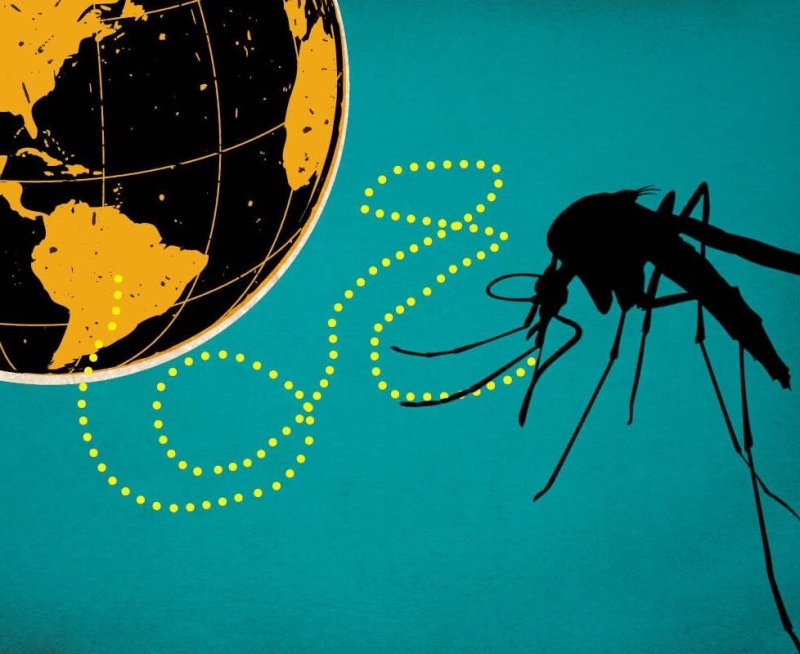Zika virus no longer represents a public health emergency, the World Health Organisation announced on [Nov. 18]. On the face of it, this sounds like good news. But this is not a downgrading of the threat of the virus – if anything, it’s an upgrading, says Christian Lindmeier of the WHO.
The emergency status was used when little was known about Zika virus, and an urgent response was required from funders and researchers to learn more…Now that we know that Zika causes brain damage in fetuses and newborns, and that it is spreading, we need a long term approach. “It’s critical that we recognize that Zika virus will continue to spread,” [Peter Salama, head of the WHO’s health emergencies programme] says. “And we need to continue to be able to respond.”
[Salama] hopes that funding will start to come from other, more sustainable donors. “In many ways, this is actually an acknowledgment that the programme needs to escalate into a longer term programme of work,” he says.…
The WHO is also prioritising the hunt for a vaccine – one that can protect women of childbearing age, in particular. At the moment, there are around 30 potential candidates, but only a few have entered the earliest stages of clinical trials.
The GLP aggregated and excerpted this blog/article to reflect the diversity of news, opinion, and analysis. Read full, original post: Zika is no longer an emergency – it’s worse than that, says WHO































